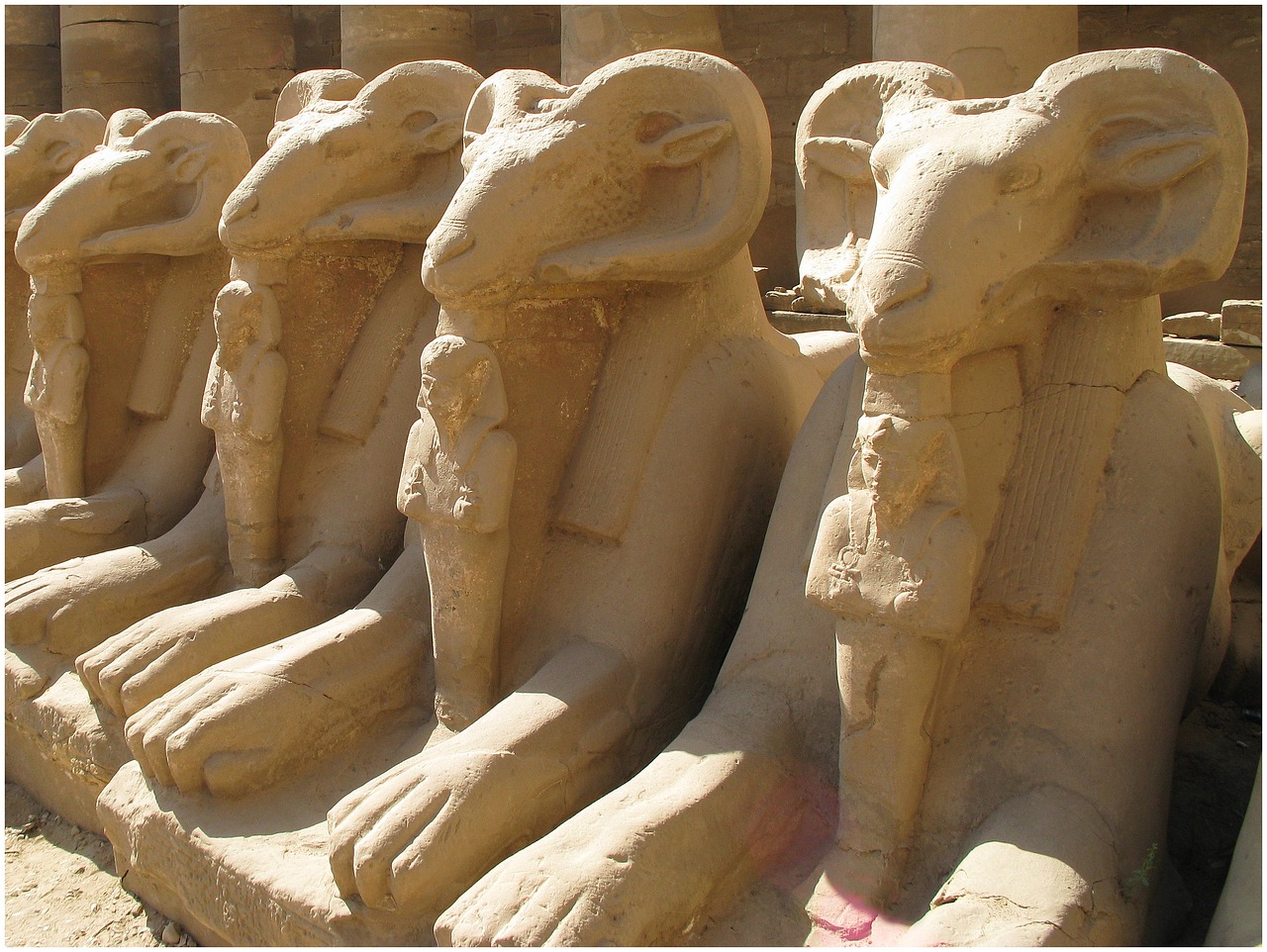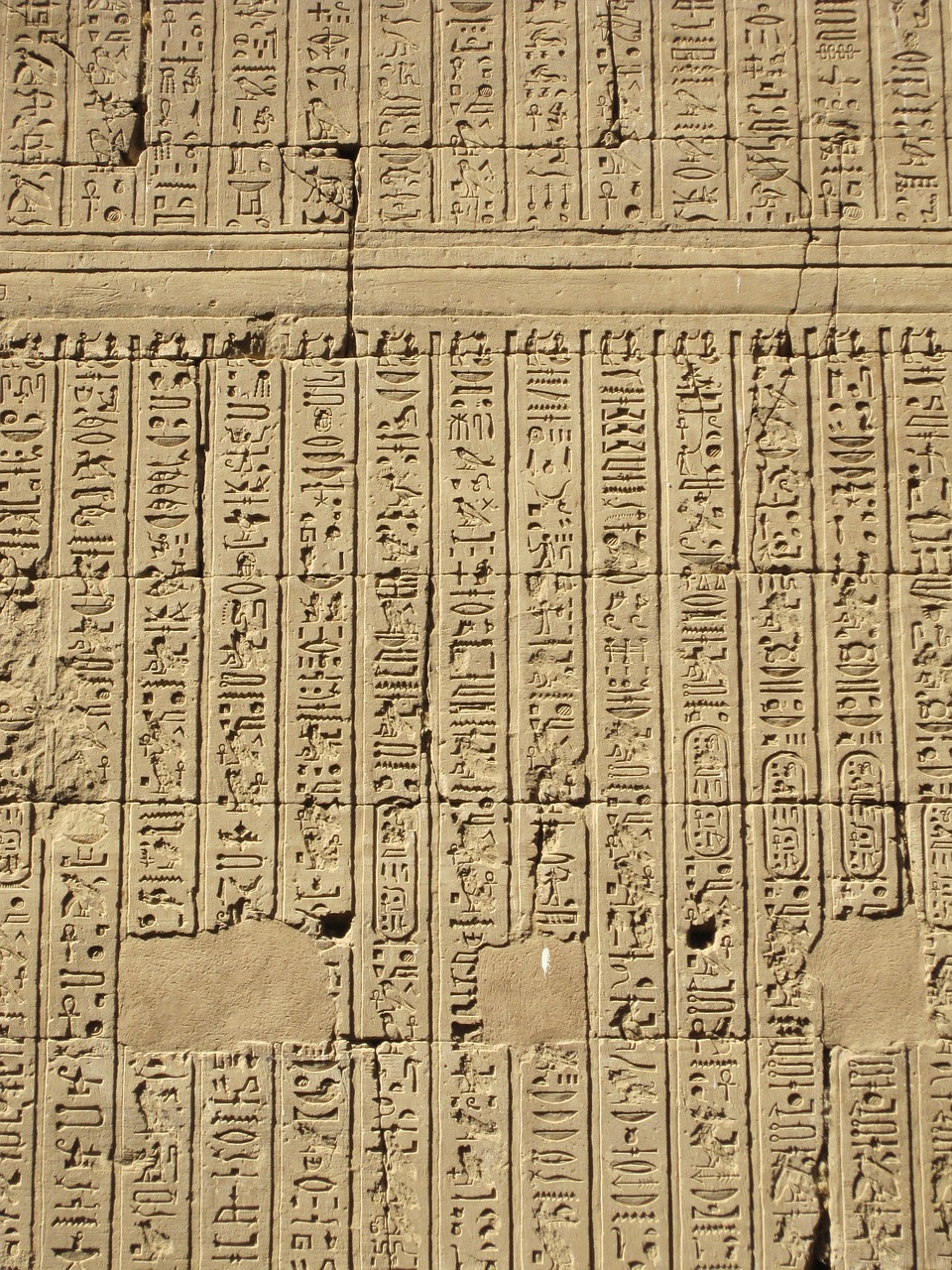Egypt Video
Cultural Sensitivities: Understanding Local Norms in Egypt
Egypt, a country rich in history and culture, is a popular destination for tourists from around the world. To ensure a positive and respectful experience, it is important to understand and respect the cultural sensitivities and local norms in Egypt. This article aims to provide detailed information on various aspects of Egyptian culture and etiquette to help visitors navigate their way through this fascinating country.
Greetings and Personal Interaction
When greeting someone in Egypt, it is customary to offer a warm handshake. However, between members of the same gender, a kiss on both cheeks is a common greeting. It is important to note that public displays of affection between opposite genders are generally frowned upon and should be avoided.
- Addressing People: Egyptians tend to use titles when addressing others. Men are often referred to as “Mr.” followed by their first name, while women are addressed as “Miss” or “Mrs.” followed by their first name.
- Personal Space: Egyptians generally stand close to each other when conversing, and physical contact during conversations is common. It is important to respect personal space and adjust accordingly.
- Eye Contact: Maintaining eye contact during conversations is seen as a sign of respect and interest in the conversation. Avoiding eye contact may be interpreted as disinterest or disrespect.
- Use of Hand Gestures: Hand gestures are commonly used in Egyptian conversations to emphasize points. It is important to observe and learn the appropriate gestures to avoid any miscommunication or misunderstandings.
Dress Code and Modesty
Egypt is a predominantly Muslim country, and modesty in dress is highly valued. When visiting religious sites, such as mosques or temples, it is essential to dress modestly. Both men and women should cover their shoulders and knees, and women should consider covering their hair with a scarf. In more conservative areas, such as rural villages, it is advisable to dress even more modestly.
- Swimwear: While it is acceptable to wear swimwear at beach resorts and private pools, it is important to cover up when leaving these areas to respect local norms and cultural sensitivities.
- Conservative Attire: It is generally advisable to dress conservatively in public places, especially for women. Loose-fitting clothing that covers the shoulders and knees is recommended.
- Footwear: In some religious sites, you may be required to remove your shoes before entering. It is important to follow the local customs and observe if others are removing their shoes.
- Tattoos and Body Art: While tattoos and body art are becoming more common worldwide, it is advisable to cover them when visiting Egypt, as they may be seen as inappropriate or offensive.
Religious Customs and Practices
Egypt is predominantly Muslim, and Islam plays a significant role in the daily lives of Egyptians. It is essential to respect and observe the religious customs and practices.
- Prayer Times: Muslims pray five times a day, and it is customary to pause and respect these prayer times. Avoid scheduling meetings or activities during prayer times and be mindful of the call to prayer, which can be heard throughout the country.
- Ramadan: Ramadan is a holy month for Muslims, during which they fast from sunrise to sunset. It is important to be respectful by avoiding eating, drinking, or smoking in public during daylight hours. Many restaurants and cafes may be closed or have limited operating hours during this time.
- Mosques: When visiting mosques, it is important to dress modestly and remove your shoes before entering. Non-Muslims may be restricted from entering certain areas of the mosque, so it is important to be respectful and follow any instructions given.
- Religious Festivals: Egypt celebrates various religious festivals throughout the year, such as Eid al-Fitr and Eid al-Adha. It is an excellent opportunity to learn about and participate in these festivities, but it is important to be respectful and follow local customs.
Food and Dining Etiquette
Egyptian cuisine is known for its delicious flavors and unique dishes. When dining in Egypt, it is important to observe certain etiquette and customs.
- Use of Hands: In more traditional settings, it is common to eat with your hands, especially when consuming dishes like falafel or koshari. However, in formal settings or when dining with utensils, it is best to use them properly.
- Sharing Food: Egyptians have a strong culture of sharing food. It is common for dishes to be placed in the center of the table, and everyone helps themselves. When dining with Egyptians, it is polite to accept offers of food and engage in conversation while eating.
- Seating Arrangements: In more traditional settings, men and women may be seated separately. It is essential to follow the lead of your host and observe the seating arrangements.
- Alcohol Consumption: Egypt is a predominantly Muslim country, and drinking alcohol in public places is not widely accepted. It is advisable to consume alcohol in licensed establishments or private settings.
Gender Roles and Interactions
Egyptian society has traditional gender roles and expectations. It is important to be aware of these cultural norms to navigate interactions respectfully.
- Gender Segregation: In more traditional settings, men and women may be segregated, with separate seating or spaces. It is important to respect these boundaries and follow the lead of your host.
- Physical Contact: Public displays of affection between opposite genders are generally discouraged. It is important to be mindful of personal boundaries and avoid any actions that may be considered inappropriate.
- Respect for Women: Egyptian culture places a high value on respect for women. It is important to treat women with courtesy and avoid any behavior that may be seen as disrespectful or demeaning.
- Women’s Clothing: Women should dress modestly and avoid clothing that may be considered revealing or provocative. It is important to respect local customs and cultural sensitivities.
Image 1 – Egypt

Interacting with Locals
Egyptians are known for their warm hospitality and friendly nature. Engaging with locals can enhance your experience in Egypt and create meaningful connections.
- Learn Basic Arabic Phrases: Learning a few basic Arabic phrases, such as greetings and expressions of gratitude, can go a long way in building rapport with locals and showing respect for their culture.
- Be Polite and Respectful: Egyptians appreciate politeness and respect. Always greet people with a smile, use appropriate language, and be mindful of cultural sensitivities.
- Ask for Permission: When taking photographs of locals or entering someone’s property, it is important to ask for permission first. Respect their privacy and be considerate of their wishes.
- Engage in Conversation: Egyptians are generally friendly and enjoy engaging in conversations. Show interest in their culture, traditions, and daily life, and be open to learning from them.
Image 2 – Egypt

Respecting Historical Sites and Artifacts
Egypt is home to numerous ancient historical sites and artifacts that hold immense cultural and historical significance. When visiting these sites, it is crucial to show respect and follow the guidelines set in place for preservation.
- No Touching: It is strictly prohibited to touch or tamper with any artifacts or structures in historical sites. Touching can cause irreversible damage and may result in legal consequences.
- No Flash Photography: Flash photography can be harmful to ancient artifacts and may disturb other visitors. It is important to follow the rules and guidelines provided by the site authorities.
- Respectful Behavior: Maintain a respectful demeanor when visiting historical sites, including speaking softly, disposing of trash properly, and refraining from disruptive behavior.
- Guided Tours: Consider taking guided tours led by knowledgeable professionals who can provide valuable insights into the historical significance of the sites.
Etiquette in Public Spaces
When in public spaces in Egypt, it is important to be mindful of your behavior and respect the local customs and norms.
- Queuing: Egyptians may not follow strict lines or queues in public spaces. It is advisable to remain patient and adapt to the local customs when waiting in line.
- Tipping: Tipping is customary in Egypt and is often expected for services such as dining, hotel staff, and tour guides. It is advisable to carry small bills for tipping purposes.
- Respecting Local Traditions: Egypt has a rich cultural heritage, and it is important to respect local traditions and customs. Avoid behaviors that may be seen as disrespectful or offensive.
- Photography Restrictions: Some public spaces, such as government buildings or military installations, may have restrictions on photography. It is important to be aware of and respect these restrictions.
Image 3 – Egypt

Conclusion
Understanding and respecting the cultural sensitivities and local norms in Egypt is essential for a positive and enriching experience. By familiarizing yourself with the customs and etiquette outlined in this article, you can navigate your way through this captivating country while showing respect for its traditions and people.
References
- “Egypt – Cultural Etiquette – e Diplomat.” e Diplomat, www.ediplomat.com/np/cultural_etiquette/ce_eg.htm.
- “Egypt Travel Advice & Safety | Smartraveller.” Smartraveller, www.smartraveller.gov.au/destinations/africa/egypt.
- “Egypt Travel Guide.” National Geographic, www.nationalgeographic.com/travel/destinations/africa/egypt.

